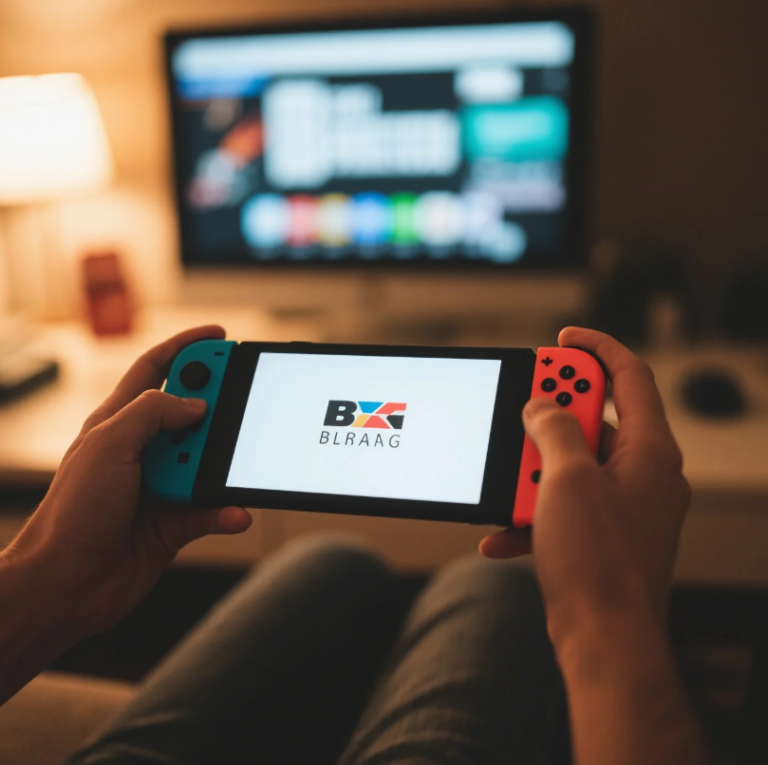
Let’s face it: we live in a world where our phones get more attention than our plants, partners, or even our own thoughts. Ever opened your phone to check the weather and found yourself scrolling through videos of skateboarding dogs an hour later? You’re not alone. The digital vortex is real—and it’s making many of us feel anxious, distracted, and, ironically, disconnected from real life.
But here’s the good news: digital detoxing doesn’t mean throwing your phone into a lake or retreating to a remote cabin with no Wi-Fi (unless that’s your vibe, of course). It simply means developing a healthier relationship with technology. The key is building habits that actually stick—even for screen addicts.
So grab a cup of herbal tea (or your fifth coffee, no judgment) and dive into these 7 genius digital detox habits designed to free your mind without sacrificing your productivity or style. Your brain will thank you.
1. Start Your Day Without Your Phone (Yes, Really)
Mornings set the tone for the rest of your day. Reaching for your phone as soon as you open your eyes is like inviting chaos into your brain before it’s even had time to boot up.
Instead, try this: leave your phone in another room overnight and invest in an old-school alarm clock. Wake up, stretch, hydrate, maybe do a 3-minute meditation or journal a few lines. Give your brain a few sacred minutes of tech-free clarity. You’d be surprised how grounded and calm you feel—like you actually own your time again.
2. Create Tech-Free Zones in Your Home
Think of this like interior design for your brain. Your bedroom? A sanctuary. The dinner table? A space for conversation and actual eye contact. Your bathroom? Well, maybe let’s not TikTok while brushing our teeth.
Designate certain areas in your home where phones, tablets, and laptops are simply not allowed. Add candles, books, plants, or anything analog that brings you joy. Make these zones feel so inviting that your tech-free time becomes something you crave.
3. Use the “One Screen Rule”
We’ve all been there: watching Netflix while scrolling Twitter and texting a friend. The result? You absorbed approximately 3% of the plot and probably missed the moment your favorite character died.
The “One Screen Rule” is exactly what it sounds like: only one screen at a time. Watching a show? Put your phone away. Working on your laptop? Close those irrelevant browser tabs. Giving your attention to one screen at a time boosts focus, reduces fatigue, and—bonus—makes media consumption more enjoyable.
4. Give Your Notifications a Makeover
Notifications are like needy toddlers: loud, demanding, and impossible to ignore. But guess what? You control them.
Turn off all non-essential notifications. Yes, even those from that sale app you opened once in 2021. Use “Do Not Disturb” during focused work hours or meals. Schedule check-ins for email and social apps instead of letting them control your time. Reclaim your peace, one quiet hour at a time.
5. Have a Weekly Digital Detox Ritual
One day a week, unplug more intentionally. Call it “Screen-Free Sunday” or “Mindful Monday” — whatever sounds catchy enough to make it fun.
Use the time to do things that fill you up: cook a new recipe, take a long walk, garden, read, or spend quality time with loved ones. No endless scrolling, no binge-watching. This reset helps you rediscover joy in real-world experiences—and makes you less dependent on digital distractions.
6. Replace Doomscrolling with a Healthy Habit
What are you really looking for when you scroll endlessly at night? Comfort? Escape? Distraction? Once you get honest about it, you can replace that habit with something that gives you the same feeling—without frying your nervous system.
Try keeping a book, journal, or puzzle by your bed. Start a bedtime ritual with aromatherapy or music. The goal isn’t just cutting screen time—it’s building something better in its place.
7. Track Your Screen Time (Without Guilt)
This one’s not about shame—it’s about awareness. Most phones let you track screen time, and the numbers can be sobering (or hilarious, depending on your TikTok habits).
Set realistic goals and treat your improvements like a game. Can you beat last week’s total? Celebrate small wins—like cutting 15 minutes a day. It’s not about perfection; it’s about progress.
Your Brain Deserves Better
Digital detox isn’t about becoming a hermit or banning memes from your life. It’s about creating boundaries, being intentional, and taking control of your attention—the most valuable thing you own.
Think of it like cleaning out a cluttered closet. You’re not throwing away everything; you’re keeping what fits, what sparks joy, and what makes your life better. A digital detox habit is just a mental decluttering exercise—and the more you practice, the lighter, clearer, and more focused you feel.

So, are you ready to go from screen zombie to zen master? One habit at a time, you’ve got this. Your peace of mind is only a few clicks (and a few less clicks) away.📱➡️💆♂️


